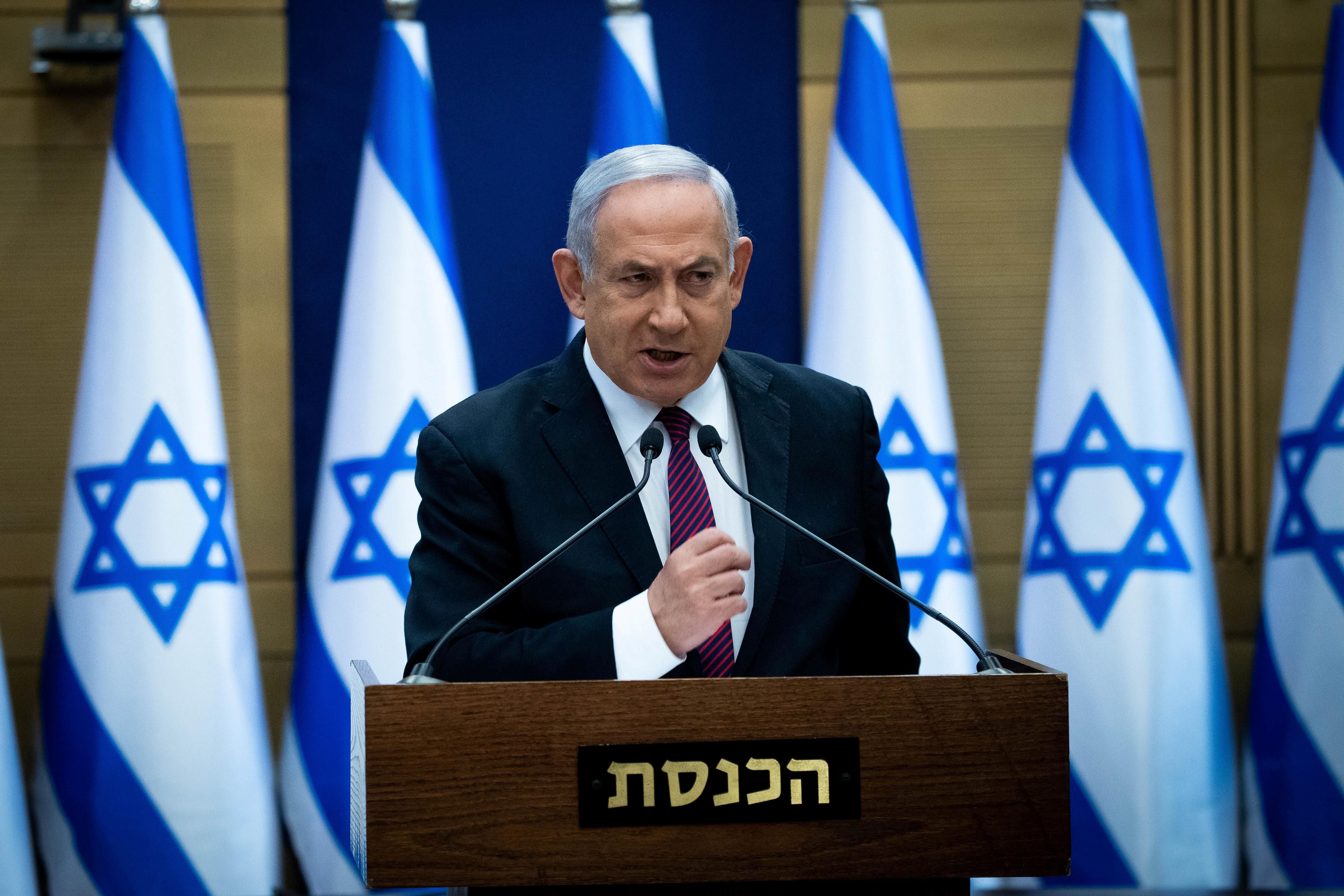What We're Watching: Israel's collapsing government, Nicaragua's opposition ban, new COVID strain goes global
Israel barrels towards another election: After failing to resolve a stalemate over the national budget, Israel's unwieldy Knesset (parliament) was on the verge of collapse Tuesday, making it all but certain that Israelis will head to an election on March 23, the fourth time in two years. But what's changed since Israelis voted less than a year ago? The once-competitive center-left Blue and White Party which gave Prime Minister Benjamin Netanyahu's Likud party a run for its money, has hemorrhaged support since its leader Benny Gantz agreed to sit in a coalition government with the extremely divisive Netanyahu. Meanwhile, the defection of a long time Netanyahu ally, Gideon Saar — who recently left Likud to form his own right-wing party — spells big trouble for Netanyahu, whose popularity has nosedived amid accusations that he's fudged the pandemic response. The incumbent PM now faces a tough battle against a group of right-wing parties who are doing well in the polls and could band together to form a coalition that doesn't include Netanyahu for the first time in 11 years. The stakes couldn't be higher for the Israeli leader, who faces a host of legal troubles and is desperate to retain the top job so he can pass legislation that ensures his immunity from prosecution. Netanyahu is in for a tough battle come March.
Nicaragua's opposition-free election: In a move straight out of the dictator's playbook, Nicaragua's parliament passed a law that allows the government to label citizens "terrorists" or "traitors to the homeland," essentially giving strongman President Daniel Ortega the power to ban candidates from running in next year's presidential election. The new law sets out jail terms of up to 15 years for those found guilty. The law's purpose is clear considering that Ortega routinely calls members of the opposition and critics who protested against him in 2018 "traitors." And it's fair to say most of them won't want to risk a lengthy prison term by challenging Ortega in November 2021. The law sparked an outcry from Ortega's rivals and was denounced by the US, which responded by slapping sanctions against Ortega's close circle including his wife, Vice President Rosario Murillo. But neither a weak and fragmented opposition nor Washington's moves are seen as real threats by the political survivor Ortega — who's been in power since 2007 and has served as president for a total of 24 years (including during Nicaragua's bloody civil war). After packing the legislature and courts with his allies, can anyone stop Ortega from turning the country into a one-party state?
New COVID strain goes global: The new strain of coronavirus that likely originated in Great Britain, and accounts for 60 percent of recent infections in London, has countries around the world panicking. It's already been detected as far away as South Africa and Australia — and may already be circulating in the US undetected. Medical experts say that the new strain is more infectious, which means it'll allow COVID-19 to spread even faster wherever it goes, but that it doesn't seem to be any deadlier or resistant to COVID vaccines currently being rolled out. Either way, the emergence of "COVID-20" has poured cold water over many countries' hopes of returning to some sort of pre-pandemic normalcy anytime soon. But the more immediate danger is that the new, more contagious strain could overwhelm hospitals that are already dealing with massive COVID caseloads, leading to the disaster seen in many parts of Europe this past spring, where doctors had to pick who lived and who died because they could not treat everyone requiring urgent assistance. One thing is clear: there's little any government can do at this stage to avoid the new strain.
